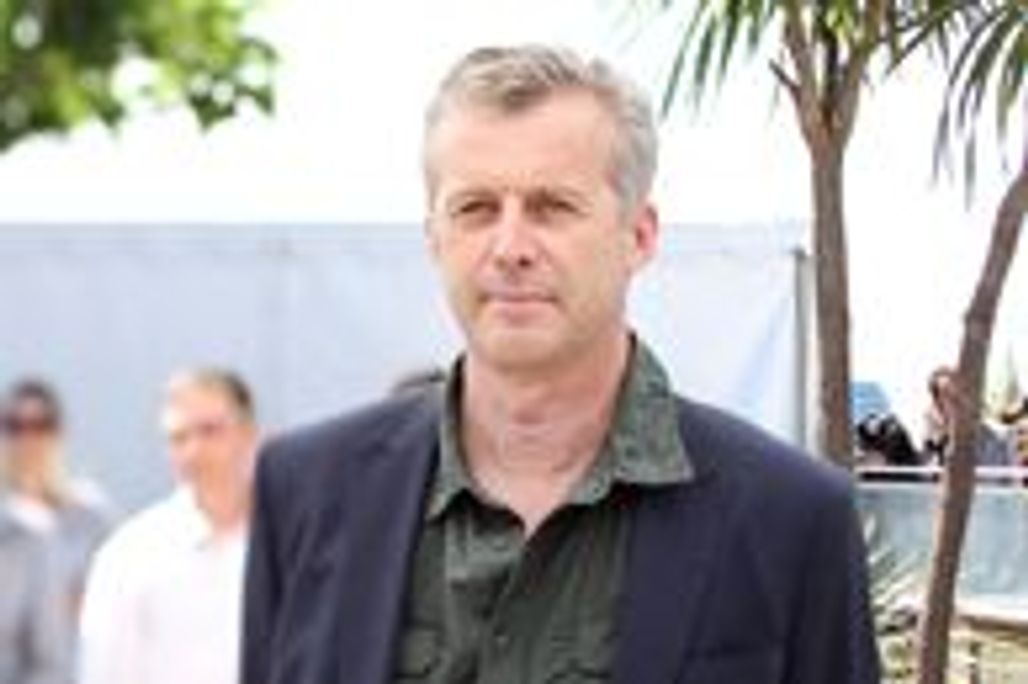
With Hors Satan, Bruno Dumont radicalises the way he films

Hors Satan (Outside Satan) is the third feature film of Bruno Dumont, a French film-maker, to be in the Official Selection, competing in Un Certain Regard. This film is a cinematographic experience, appealing to the audience’s feelings and emotions.
Hors Satan was deeply inspired by the landscapes of the côte d’Opale in the north of France, a world of sand dunes, woods and marshes, where Bruno Dumont has been living for some of the year since he was a child.
This is home to a strange guy, who gets along by poaching, praying and lighting fires. He spends time with the daughter of a neighbouring farmer. They meet up, mysteriously, in the hope of an apparition, of a miracle. They hardly talk to each other, if at all. There is no music either. The whole film is produced with direct sound, and deafening silences.
Bruno Dumont’s cinema is raw and sensual. He films nature and human bodies in a raw way, without ever intellectualising. His way of filming has become much more radical with Hors Satan. The composition takes precedence over the plot and characters. He films at very wide angles or in close-up, with lots of high and low angle shots. The shots now last shorter than before. As explained in an interview by Jean-Michel Frodon, Dumont has discovered that he can find what he’s looking for using other means than the length of the shots, thanks to the centring, acting and editing which he has done alone for the first time.
Bruno Dumont made a name for himself as an uncommon film-maker, with his film, La Vie de Jésus (The Life of Jesus) (1997. He has won the Grand Prix at Cannes twice, once for L’Humanité (Humanity) in 1999 (also awarded two prizes for the interpretation of a role) and for Flandres (Flanders) in 2006.
The film will be projected on Monday 16th May, at 11.30 a.m. and 4.30 p.m., in the salle Debussy.
B. de M.


